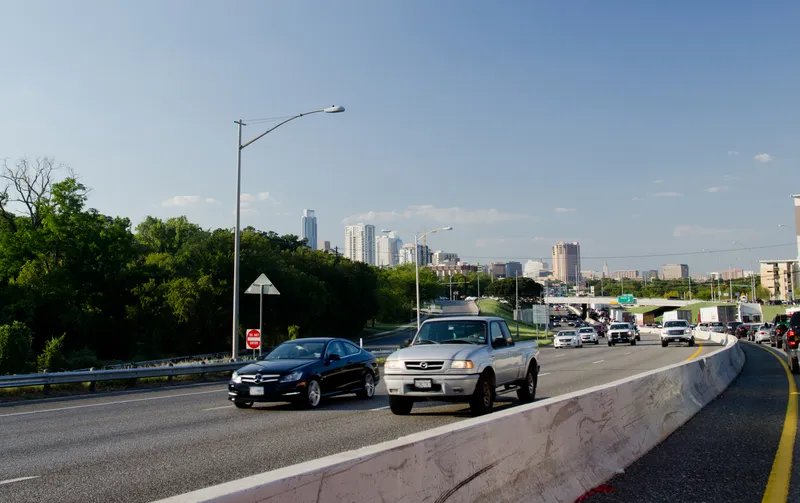The impact of introducing plug-in electric vehicles to the streets of Beijing, one of the world’s most polluted cities, has been examined by researchers from the University of Michigan in the ACS journal Environmental Science and Technology. They use big data mining techniques to understand the impact of fleet electrification. As part of the study, the researchers highlight that while plug-in electric vehicles have developed rapidly in recent years there are still uncertainties with regard to market accepta
August 6, 2013
Read time: 2 mins
The impact of introducing plug-in electric vehicles to the streets of Beijing, one of the world’s most polluted cities, has been examined by researchers from the 5594 University of Michigan in the ACS journal Environmental Science and Technology. They use big data mining techniques to understand the impact of fleet electrification.
As part of the study, the researchers highlight that while plug-in electric vehicles have developed rapidly in recent years there are still uncertainties with regard to market acceptance and in particular relating to consumer travel patterns. Previous research has focused on travel pattern data, assuming that everyone follows the same travel pattern as the aggregated average However, through the development of information and communications technology, researchers are now able to examine individual travel patterns, particularly among public fleets.
They took routes for 10,375 taxis in Beijing, around 15 per cent of the fleet, and retrieved GPS systems for a week. They also introduced the idea of driving segments, the total distance driven between major resting periods when the vehicle is parked with a predetermined threshold.
Findings suggested that the largest petrol displacement, around 1.1million gallons a year, could be achieved by adopting plug-in electric vehicles with a modest range of around 80 miles based on current battery costs and limited public infrastructure.
It states that while battery range is a major concern for consumers, the study suggests larger batteries decrease electrification rate when the battery cost is higher than US$200/kWh. Only when battery cost drops lower than this level can extended range increase adoption.
In addition, it suggests that greenhouse gas emissions of conventional petrol vehicles are 236.7h CO-eq/km, with up to 36.5 kiloton CO2eq per year saved if the fuel cycle emission factor of electricity can be reduced to 168.7 g/km.
As part of the study, the researchers highlight that while plug-in electric vehicles have developed rapidly in recent years there are still uncertainties with regard to market acceptance and in particular relating to consumer travel patterns. Previous research has focused on travel pattern data, assuming that everyone follows the same travel pattern as the aggregated average However, through the development of information and communications technology, researchers are now able to examine individual travel patterns, particularly among public fleets.
They took routes for 10,375 taxis in Beijing, around 15 per cent of the fleet, and retrieved GPS systems for a week. They also introduced the idea of driving segments, the total distance driven between major resting periods when the vehicle is parked with a predetermined threshold.
Findings suggested that the largest petrol displacement, around 1.1million gallons a year, could be achieved by adopting plug-in electric vehicles with a modest range of around 80 miles based on current battery costs and limited public infrastructure.
It states that while battery range is a major concern for consumers, the study suggests larger batteries decrease electrification rate when the battery cost is higher than US$200/kWh. Only when battery cost drops lower than this level can extended range increase adoption.
In addition, it suggests that greenhouse gas emissions of conventional petrol vehicles are 236.7h CO-eq/km, with up to 36.5 kiloton CO2eq per year saved if the fuel cycle emission factor of electricity can be reduced to 168.7 g/km.







